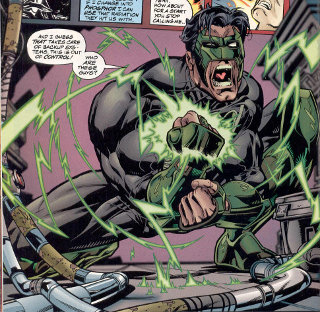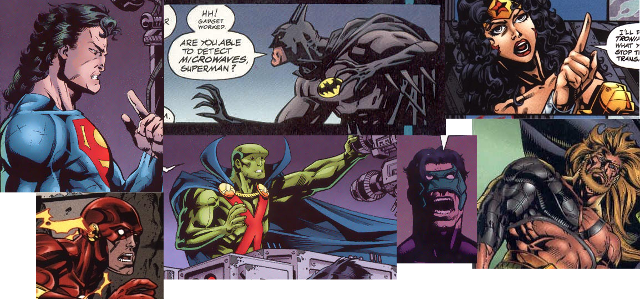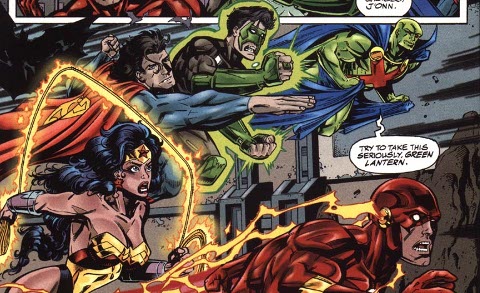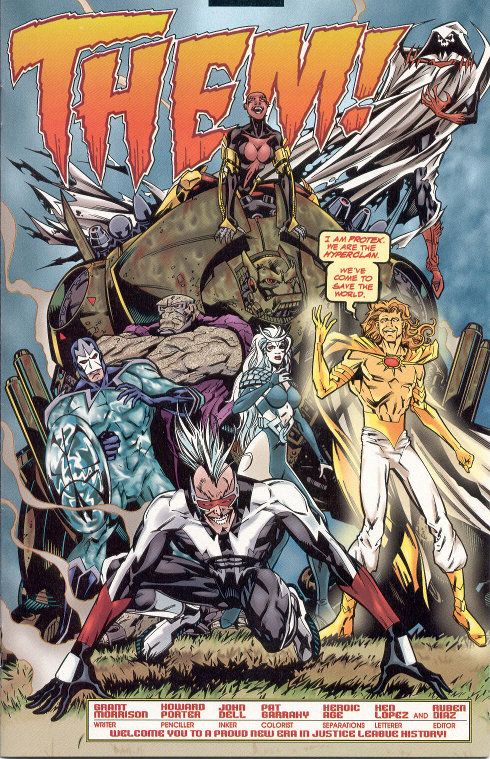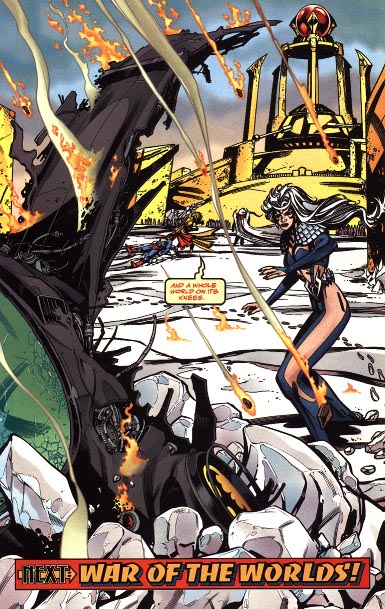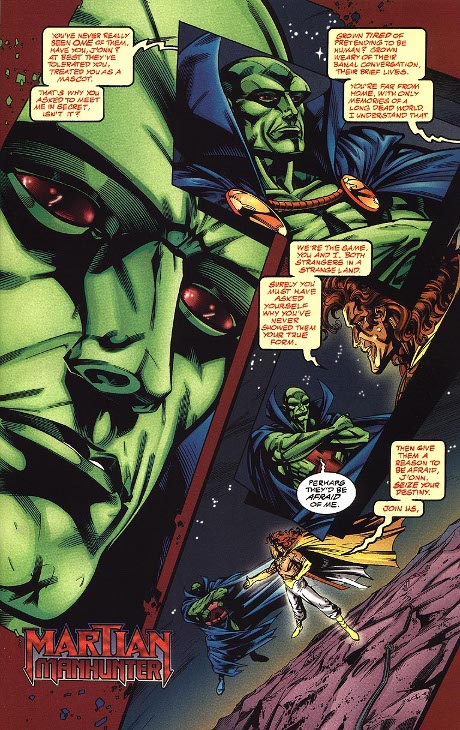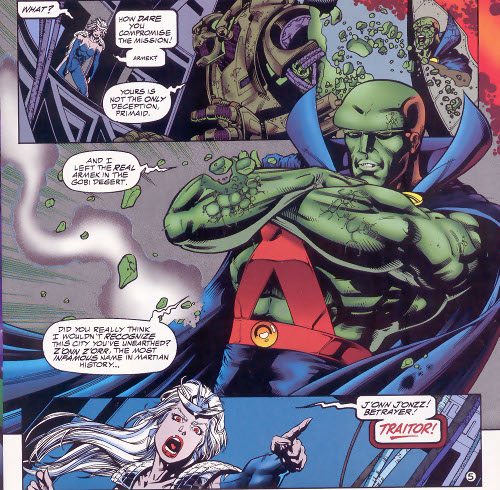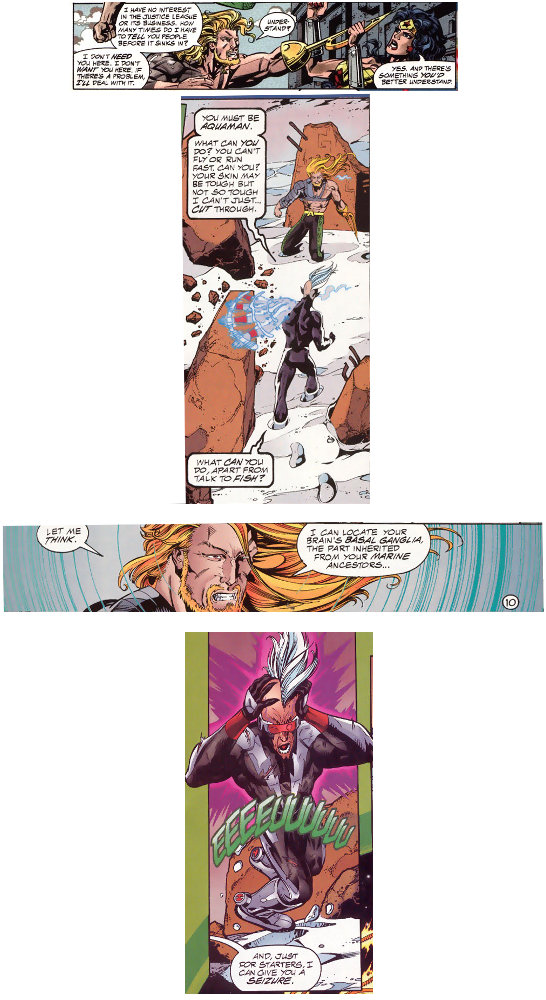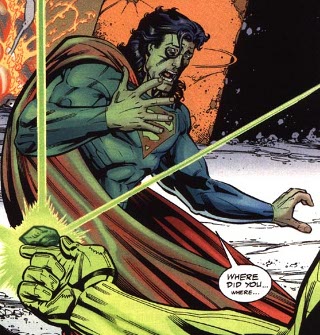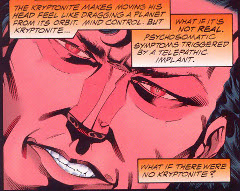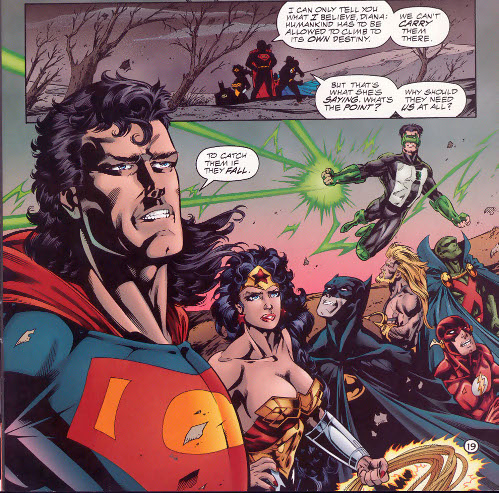I'm not altogether sure when I first stumbled across the Final Fantasy 7 modding community. It's not surprising that it exists -- it is, after all, a popular game with a huge fan following -- but it is perhaps surprising that there are some really high-quality improvements to the game out there. High enough that I got the itch to replay the game for the first time in about a decade.
I'll talk about the experience of replaying it at 28 later. (tl;dr: it's not as good as 15-year-old Thad thought, but it's better than 18-year-old Thad thought.) For now, I'll stick with the technical.
Now, there are advantages to simply emulating the PlayStation version -- the ability to save anywhere is a biggie, and emulator-level texture smoothing is nice too. But I decided to go with the PC version because, again, it's the mods that drew me in. The major hub of mod development is the qhimm forums. And here are a few I've been using, ranked in order of importance.
The Essential
First, you'll need to get the game. Try eBay.
Then, you'll need to patch it to version 1.02.
And there's one mod that is absolutely necessary to get Final Fantasy 7 PC to run at all on a post-Win98 computer: Aali's Custom Graphics Driver. At the time of this writing it's at version 0.7.10b, but it's under active development. Make sure you jump to the end of the thread and grab the latest version; the link in the first post is version 0.1a from March 2009.
Setting it up is a simple process and described in the post that links it. You need to run both ff7config.exe and ff7.exe with full Administrator privileges, and I found that the graphics looked washed-out until I set compress_textures = no in the ff7_opengl.cfg file. It's probably a good idea to go through the troubleshooting thread if you have any other issues with it.
The Pretty Great
FMV Updates -- the PC versions of the FMV cutscenes look, inexplicably, even worse than the PlayStation versions. Modder DLPB has taken the PS1 versions and given them frame-by-frame upscaling and cleanup. The end result is, as he put it, a polished turd -- it's still kind of a mess but it's a damn sight better than what you get out of the box. Keep in mind that, after installing, you'll need to edit the videopath setting in your Windows registry.
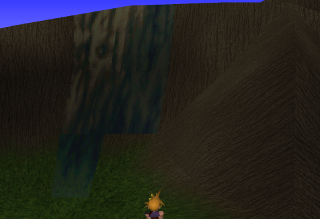 Team Avalanche's Graphical Overhaul (the thread links the GUI Update as well, but I'll get to that a little lower down). Many of the models in FF7 -- such as the characters, monsters, and treasure chests -- are untextured polygons. That means they upscale without loss of quality, and actually hold up pretty well even though they're not as smooth as what we're used to in this day and age. The polygons with 2D textures on top of them, on the other hand -- like, say, the world map -- look quite a lot the worse for wear upscaled to a modern resolution. The Avalanche World Map Patch adds hi-res textures, in both 720p-and-down and 1080p-and-up flavors, and it looks goddamn gorgeous. It's currently an 0.9, which means it's not quite there yet -- now and again you'll see a low-res stripe on a hi-res mountain, as in the image to your right -- but it's close, and it's well worth installing in its mostly-complete state. (YMMV on which components you want to install -- I don't use the alternate avatars or the replacement Barrett model.)
Team Avalanche's Graphical Overhaul (the thread links the GUI Update as well, but I'll get to that a little lower down). Many of the models in FF7 -- such as the characters, monsters, and treasure chests -- are untextured polygons. That means they upscale without loss of quality, and actually hold up pretty well even though they're not as smooth as what we're used to in this day and age. The polygons with 2D textures on top of them, on the other hand -- like, say, the world map -- look quite a lot the worse for wear upscaled to a modern resolution. The Avalanche World Map Patch adds hi-res textures, in both 720p-and-down and 1080p-and-up flavors, and it looks goddamn gorgeous. It's currently an 0.9, which means it's not quite there yet -- now and again you'll see a low-res stripe on a hi-res mountain, as in the image to your right -- but it's close, and it's well worth installing in its mostly-complete state. (YMMV on which components you want to install -- I don't use the alternate avatars or the replacement Barrett model.)
FF7Music: Okay, so the FF7 soundtrack sounds not-very-good coming out of Windows's default MIDI sequencer. It's bundled with its own Yamaha sequencer, but it's incompatible with modern versions of Windows. It's possible -- and perhaps more elegant -- to tweak your soundfont with Timidity, but FF7Music gives you the flexibility to set whatever tracks you want. The installer I linked includes the PS1 version of the music, and also a resequenced version by a guy going by the handle finalfantim -- it's not a remix as it's the exact same MIDI tracks, but he's resequenced them using high-quality instruments and, while it's a matter of taste, I find that they sound better in nearly all cases. (Except the guitar on his version of the Cosmo Canyon theme; I don't care for that and use the PS1 version.) Of course, there's also the option of customizing it with music of your choice -- I've always hated the FF7 version of the Victory Fanfare, so I've swapped it out for a nice Minibosses version instead. And if you want to edit music files so they loop properly, there's a tutorial for that, too.
(The biggest drawback for me? While the thread says FF7Music works in Wine, I've found it doesn't work very well on my system -- it'll play a track or two, the opening, maybe the overworld theme when I load my game, but it stops after a few track changes. So if I want to enjoy the benefits of FF7Music, I have to reboot to Windows proper. YMMV, though; if you want to try using it under Wine, maybe you'll have better luck than I did.)
(I should add, though, that in my experience every single other mod I list here works great under Wine.)
Haven't Decided What I Think of These Yet
Team Avalanche's GUI Overhaul -- I linked this same thread up above to praise the Graphical Overhaul, but the GUI update is a separate mod. And as the header implies, I'm not sure if I like it or not. It's added a font that looks more like the one in the PS1 version of the game, but I'm not sure it looks as good as the default Windows font; there are some spacing issues I don't care for. And it actually supercedes some of the additions in the Graphical Overhaul -- for example, the GO includes a rather nice set of color item icons by a guy named romeo14, but the custom GUI will ignore them in favor of its own grayscale versions. And while it works fine on one of the two computers I installed it on, it somehow managed to hose my installation on the other, leaving it so that the game crashes as soon as I load a menu -- and it must have overwritten a setting somewhere, because it happens even if I disable the mod.
Project Blackfan -- Okay, so we've covered overworld graphics. This is a huge attempt to replace all the field graphics. Modder yarLson is extracting every single background image and running it through a Photoshop filter. The result -- well, the biggest problem is that they're all PNGs because that's the only format Aali's driver supports; highest-quality JPEGs would have looked just as good and taken up a fraction of the space. As for how they look, that's a matter of personal perspective; all graphics filters inevitably come down to whether you prefer your upscaled lo-res images to be pixellated or blurry. These are blurry. For my money, they work absolutely wonderfully on natural environments that look like photographs (like the rocky areas in the North Crater) but aren't as good on the technological sets (like the Highwind). It's worth checking out to see what you think; since the files sit in the mods\[modpath]\field directory, they're trivial to remove if you don't like them.
Millenia's custom weapons for Cloud -- from what I've seen these look great; however, the new swords appear to have finally shattered my Cloud's fragile psyche and convinced him to join Cobra.

Keep an Eye on These
Retranslation -- this could go either way. It's sure to be more competent than the game's official translation, but it's too early to tell whether it will be any fun. Fan translations of Final Fantasy 4 and 5 back in the 1990's were fun and vastly superior to Square's initial attempts at English scripts for those games, but the fan translation of 6 met a more lukewarm reception; I'm part of the group that thinks it sucks all the charm out of Woolsey's (admittedly compromised) version. Now, this 7 fan translation could end up like 4 and 5, or it could end up like 6 -- and given that the focus seems to be on debating whether the Turks should be named Reno and Elena or Leno and Yrena, I'm sadly inclined to fear the latter. But hey, at least they know how to spell mithril.
Menu overhaul -- this is actually included in the Retranslation mod, so don't install both. (Actually, at the time of this writing neither one of them has a demo available to install at all, but...you know, keep it in mind once they're updated.) At any rate, it changes the menu font and alignment, apparently to something more closely resembling Final Fantasy 9's version. It was initially designed to accommodate the longer names of items, spells, and summons in the retranslation, but I foresee it improving aesthetics and possibly even gameplay for the existing version of the game as well.
FL's Battle Scene/World Map Enhancement -- I've covered projects to improve the world map and the field maps; this one is for the battle scenes. (And also the 2D bits of the world map, like the skyline with Meteor, though I couldn't get that bit to work -- maybe it's incompatible with Team Avalanche's world map version?) It's still early days, but it's looking good.
Project Bombing Mission -- Team Avalanche's project to replace all graphics -- battle and field, background and character -- in the opening section of the game.
Q-Gears -- an attempt to rewrite the FF7 engine from scratch. It's the equivalent of Exult, the open-source engine for Ultima 7; it would use the FF7 resource files but would provide its own executable. If this project is finished, it has potentially huge ramifications; it would mean multiplatform support for FF7 and, potentially, other PS1-era Square games like 8, 9, and Xenogears. It could make all of them easier to mod, as well as open up opportunities for people to develop their own games based on the engine.
Haven't Tried
Kranmer's Trainer -- I griped earlier about FF7 PC's lack of save-anywhere functionality. Well, nobody's grafted save states onto the thing, but this trainer purports to do the next best thing: enables the "Save" and "PHS" options any time you open the menu. I say "purports" because AVG flags the binary as a Trojan and refuses to run it, so I haven't actually tried it; I believe it's a false positive but fair warning, use it at your own risk.
AnyCD -- purportedly this removes the need to change discs/mounted disc images. It's not a nodisc crack, as you'll still need at least one game disc (or image) to play, but if it works that's two disc images you don't need to store on your hard drive. Three if you include the installation CD.
Zerox's Tifa model -- I haven't tried any replacement character models because it would be distracting to have a detailed character standing in-between two PS1-vintage ones; maybe I'll replay the game when there are high-detail models for every character. But this one looks good from the screenshots!
Not Actually a Mod
Can't really think of a better place to put this. While FF7 PC has joystick support, I couldn't get it to recognize my Rumblepad 2. I rigged up keyboard emulation using Logitech's Gaming Software. I mapped the buttons to the appropriate keys to match the PS1 button config, and additionally set up the left stick for movement and the right stick for camera rotation. (I also set it up so pushing in the left stick works as a second Run button, but it doesn't work very well.) You can import my settings or, if you don't have a Logitech controller or just don't like my settings for some reason, try rolling your own using finalfantasy7pc.com's game controls page as reference. (If you are using Logitech's Gaming Software, remember to check the inexplicably-named "FPS Style Movement" box or diagonals won't work on the D-pad. Because FPS, apparently, is the only genre where you hit two directional buttons to make a diagonal.)
Not My Cuppa
APZ Cloud -- this one's been pulled from the qhimm forums since the designer swiped the textures from somewhere else; he's working on a new version now. The existing APZ Cloud is a popular mod but I don't really like the look of it -- but YMMV. I preferred his Kingdom Hearts model, but he never released it for download; the qhimm forums have a strict policy against ripping models from other games.
Phoenix Rejuvenation Project -- an incredibly ambitious project to replace every single "chibi" field character with a more detailed, more realistically-proportioned version. I have a great deal of respect for the talent and work that's gone into the project, but I think it's a bad idea from the get-go; I'm all for more detailed models but the field models should stay chibi. In fact, I intend to devote my entire next post to the subject. Be here.
If you would rather be somewhere else, do feel free to discuss this post and general FF7age over at Brontoforumus.
Also, I finally fixed the horribly outdated worstforumsever.com link at the top of the sidebar. Just in time for my background check!
